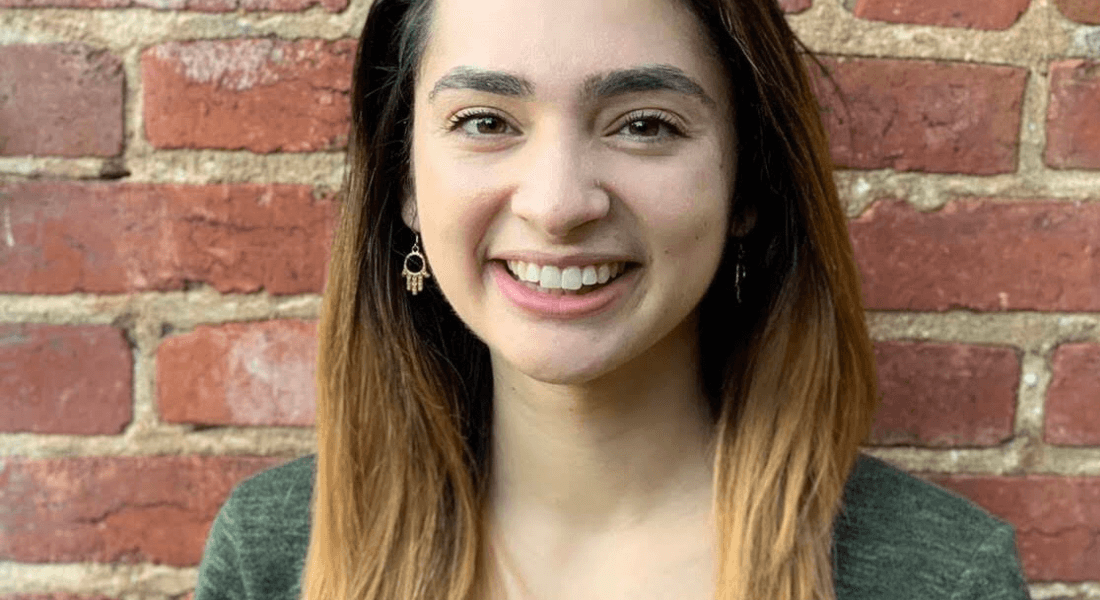Read more and apply here.
Sofia, Consultant for the World Bank Group’s Environment, Natural Resource, and Blue Economy Global Practice

Meet Sofia, Environment and Development alumn, and read about her career path since she earned her master's degree in 2022. Own photo
"My master’s degree helped me develop a language to talk about the concepts that has now become my career."
What do you do?
As a consultant, I’m contributing to the World Bank Resilient Landscape in Central Asia RESILAND CA + Program—which aims to support sustainable land management and promote collaboration with Central Asian countries on transboundary landscape restoration.
My tasks and responsibilities change day to day but have included: organizing a policy dialogue for ministers in Uzbekistan, offering technical contributions for Forest Policy Note, researching for a country diagnostic on forest fires, preparing and presenting for the Environmental Peace Building Conference.
How did you end up in your current job?
I knew The World Bank was my dream job before I started the master’s program, so I put a lot of energy and focus into applying for their internship program by contacting staff members and having relevant professionals review my application.
Ultimately the internship turned into the consultancy I have now, so the extra work did pay off professionally and academically.
When I was accepted, I was still writing my thesis. Doing both at the same time proved to be a challenge, but also gave me a deeper understanding of the impact of my research. Ultimately the internship turned into the consultancy I have now, so the extra work did pay off professionally and academically.
Which academic skills do you use most in your work life?
My master’s degree helped me develop a language to talk about the concepts that has now become my career. Learning how to conduct a research study based in the global south is the foundation of creating and developing strong programs and projects.
Learning how to conduct a research study based in the global south is the foundation of creating and developing strong programs and projects.
I often draw on my class experience from SLUSE, Environmental Impact Assessment, Soil Fertility and Management, and Econometrics to offer technical contributions to studies and project design. For example, when designing a deep dive study on the intersection between forest, water, and agriculture I was able to suggest using a “landscape approach” which is a framework I only learned because of coursework.
A good advice: What do you want to tell a prospective student?
The master’s programme Environment and Development offers amazing opportunities to participate in the field while receiving strong academic support. Take advantage of that unique hands-on learning experience and absorb as much of that knowledge as possible to leverage for the job market. When I talked about my SLUSE experience in the interview process, I received stronger recognition as a professional in the field.
If there is a specific part of the education you are in interested in, don’t hesitate to contact people in the field.
Finally yet importantly, use your network and get as involved as possible! If there is a specific part of the education you are in interested in, don’t hesitate to contact people in the field. People are generally excited to talk to young professionals and help offer advice, opportunities, and partnerships for Master Theses. The degree is as strong as your ability to apply it in the world.
Apply and read more about the international MSc degree Environment and Development.
